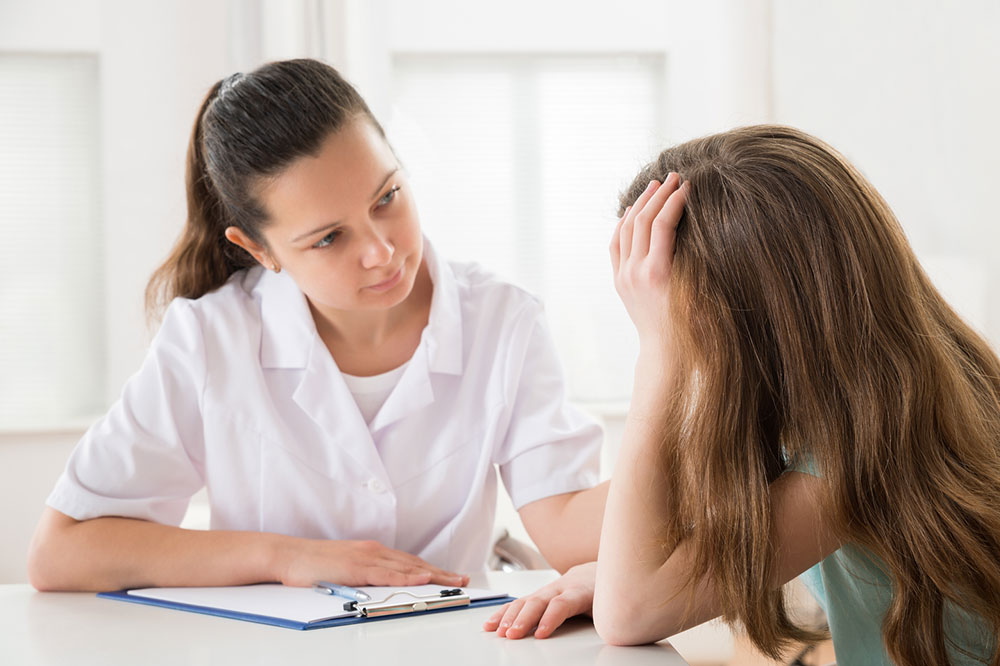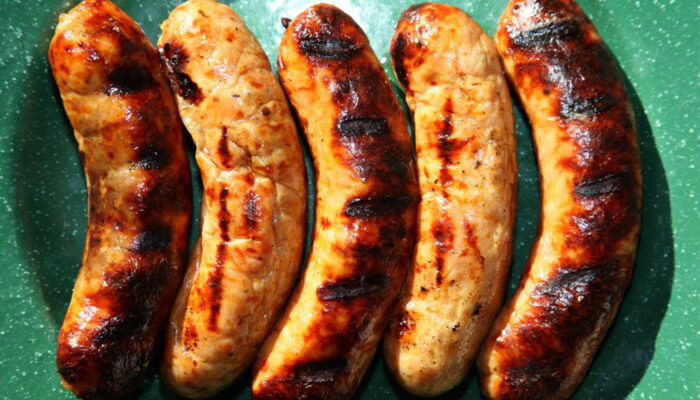
Treatment Options for ADHD
Attention-Deficit Hyperactivity Disorder (ADHD) is a mental health disorder that leads to hyperactivity and impulsive behavior. Many children who are diagnosed with this condition continue to experience the symptoms even after they become adults. The therapies and treatments for ADHD include behavioral therapies and medications. The treatment for ADHD usually varies from one age group to another.
Therapies and treatments for this condition are listed below.
Behavior therapy
Behavior therapy is one of the most common therapies and treatments for ADHD in children. It helps in reinforcing positive behavior and eliminating negative behavior. ADHD often results in disruptive behavior that affects a child’s ability to perform well in school as well as his/her ability to conduct meaningful interpersonal relationships with parents and peers. Behavior therapy helps in dealing with such behavioral issues, as it helps the children manage impulsive tendencies and hyperactive moods. Parent training is also often included in behavior therapy sessions. Behavior therapy aims at teaching children how to identify such behaviors and alter them accordingly through certain strategies. These strategies are usually followed by direct feedback, which helps the child in learning occasion-appropriate behavior. This form of treatment often involves the child’s parents and the school.
Psychotherapy
Psychotherapy is quite helpful when it comes to getting a child to talk about their experience with ADHD. In psychotherapy, a child often examines and analyzes their patterns of problematic behavior, which helps them prevent further repetition of such disruptive behavioral patterns. It also helps them in learning how to successfully conduct meaningful relationships with their peers and those in positions of authority. Family therapy often helps in treating children with ADHD, as it enables a child to evaluate the implications of his/her impulsive behavior.
Music therapy
Although the effects of music therapy need more research, studies show that a child who plays an instrument performs better on tests of executive function than others. Thus, a child who undergoes music therapy has a better ability to organize tasks and switch easily from one activity to another. Music therapy also helps improve concentration and teaches children how to function as a part of a group.
Social skills training
Social skills training helps a child with ADHD deal with issues that he/she might face in a social environment. Just like behavior therapy, it helps a child develop appropriate responses to social situations so that they can function well in a group. Social skills training often teaches children how to share toys, wait for their turn, ask for help, and deal with hostility.
Medications
The FDA has approved various kinds of medications to treat ADHD in kids who are as young as six years of age. These medications include stimulants and non-stimulants. Stimulants are fast-acting medications and are used quite commonly to treat ADHD. Approximately, 70-80 percent of kids have fewer symptoms after taking these medications. Conversely, non-stimulants are not as effective as stimulants; however, their effect lasts for 24 hours.



